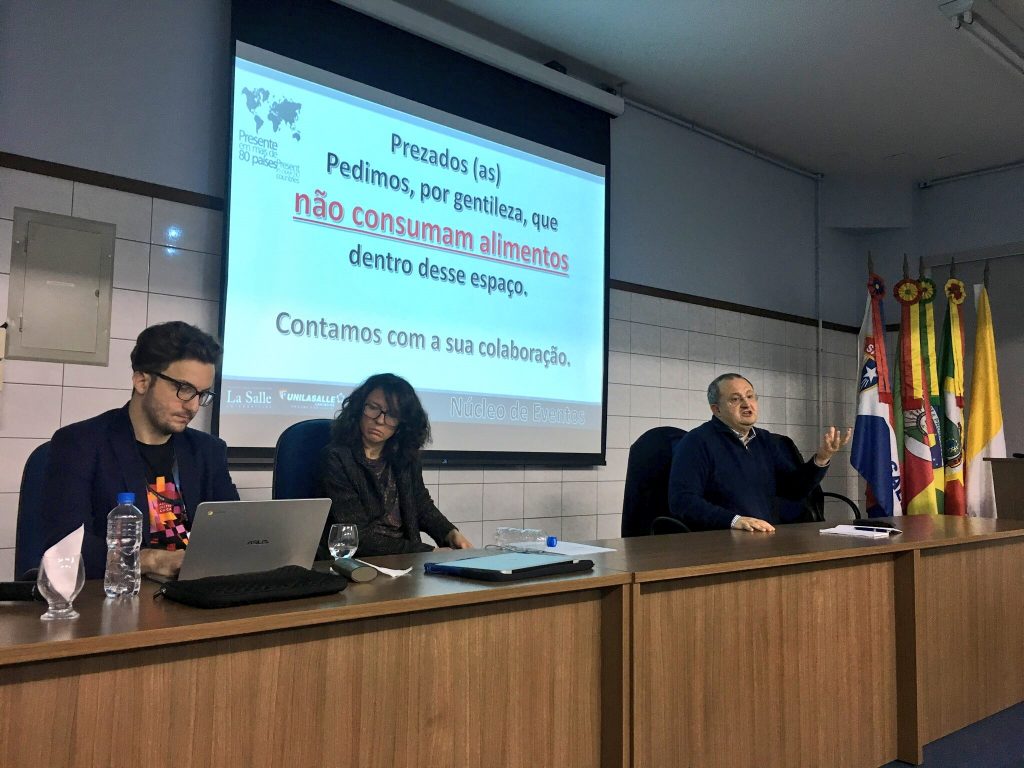Clare Vaughan is an ESRC-funded PhD student at Newcastle University. She is currently researching the experiences of young women at risk of homelessness in the north east. She recently travelled to Brazil to develop new research links with other academics in her field, and to disseminate her own research findings. Here she writes about her experience, and encourages other students to pursue similar opportunities.
As an ESRC-funded PhD student, I was lucky enough to be awarded an Overseas Institutional Visit grant, taking me to Brazil in May of this year. The purpose of the grant is to:
- undertake additional specialist research training not available on the UK
- develop language skill
- establish research links that will be beneficial to their current or future academic career
- disseminate early research findings
- attend and participate in seminars where directly relevant to their research
My visit to the Federal University of São Paulo (UNIFESP) allowed me to explore the latter three of the above points, working directly with gender and anthropology professor, Cynthia Sarti. I had reached out to Professor Sarti due to the close relationship between our research themes, and was excited at the prospect of developing the theoretical framing of violence within my own work.
I was invited to a number of events whilst at UNIFESP, and seeing the enthusiasm of students attending lectures up to 11pm gave me some food-for-thought! The highlight of my visit to UNIFESP was presenting to postgraduate gender studies students, delivering a presentation on the use of the visual method photovoice in research with young homeless women. Having an opportunity to present your work within an international context enables a totally different perspective on definitions and contexts that we often take for granted, and we had an excellent debate on the legal categorisation of ‘homelessness’ in the UK vs Brazil.
Part of my trip also included visiting Porto Alegre, to the very south of Brazil. Here, I spent time with gender scholar Dr Tatiana Maia from La Salle University and attended an incredibly interesting panel on the theoretical and social value of restorative justice (see pic below). My good friend and philosophy professor Fabricio conducted live translation so I was never left out of the loop!

From left to right: Fabricio Pontin, Brunilda Pali, João Pedroso
Completing an Overseas Institutional Visit to Brazil was, at times, a daunting experience. Arriving alone in a city of 12 million is not for the feint-hearted. However, the warmth of the people I met whilst there, the academic opportunities I was given and the sadness I felt boarding the plane home was testimony to the brilliant time that was had. I highly recommend applying for this scheme – you never know what connections and opportunities may come out as a result. And having a university-funded trip abroad wasn’t half bad either!
